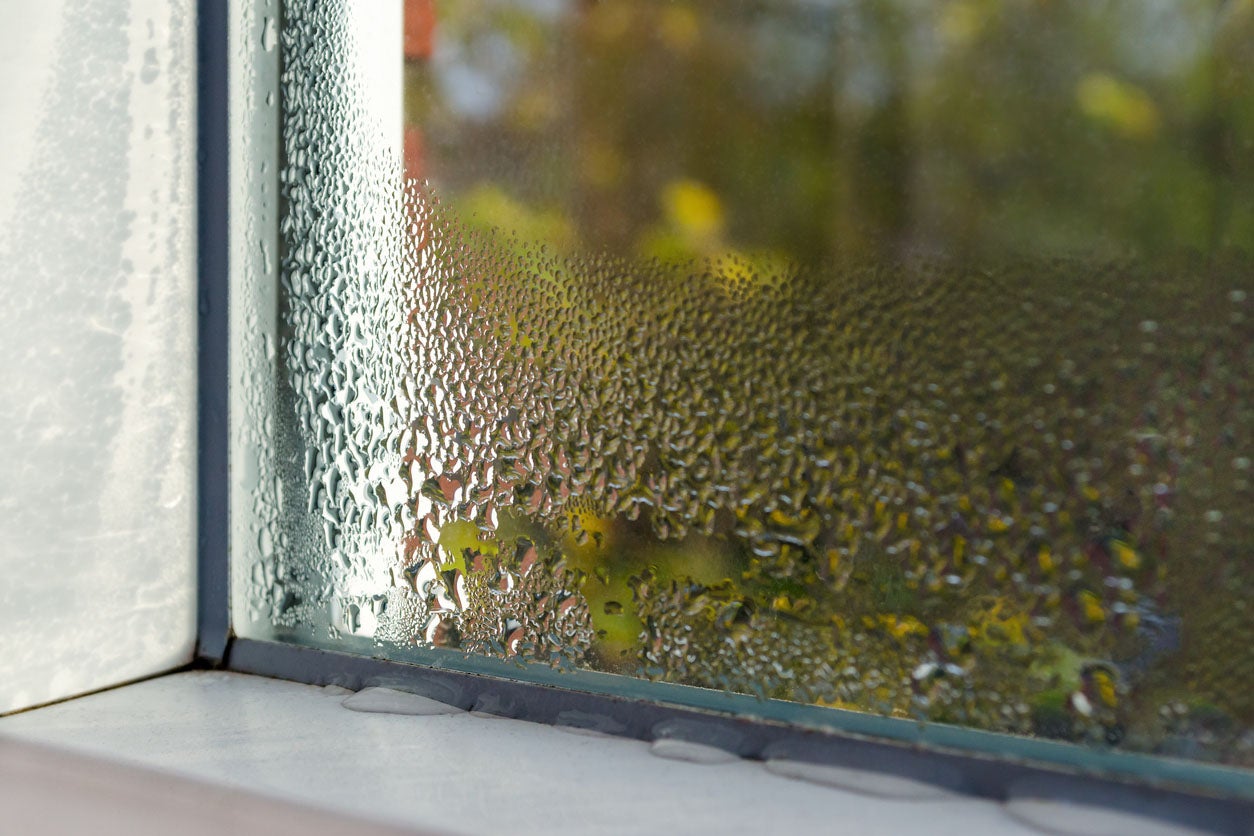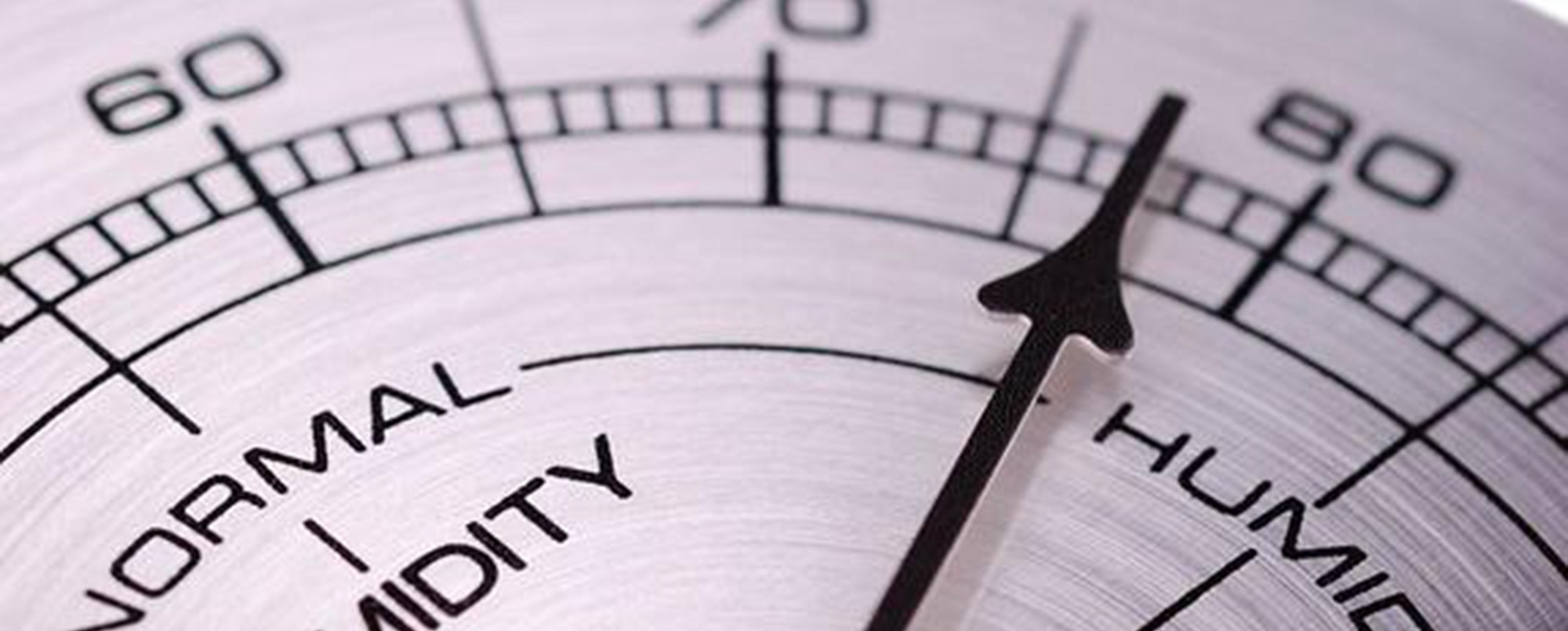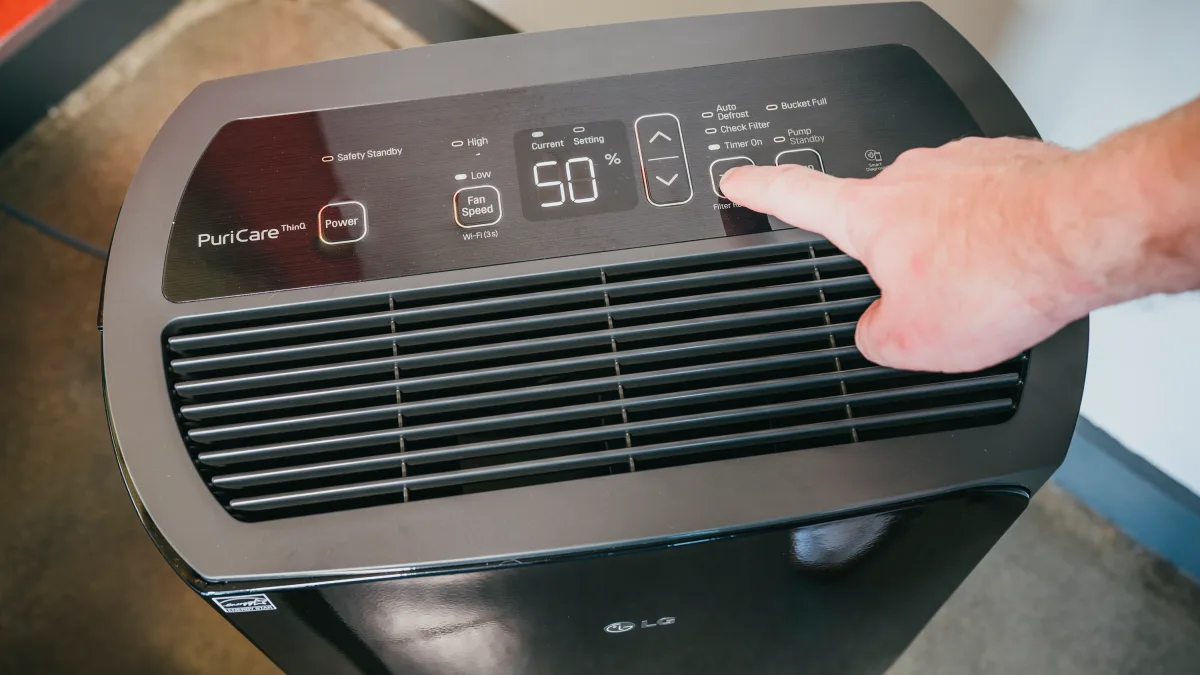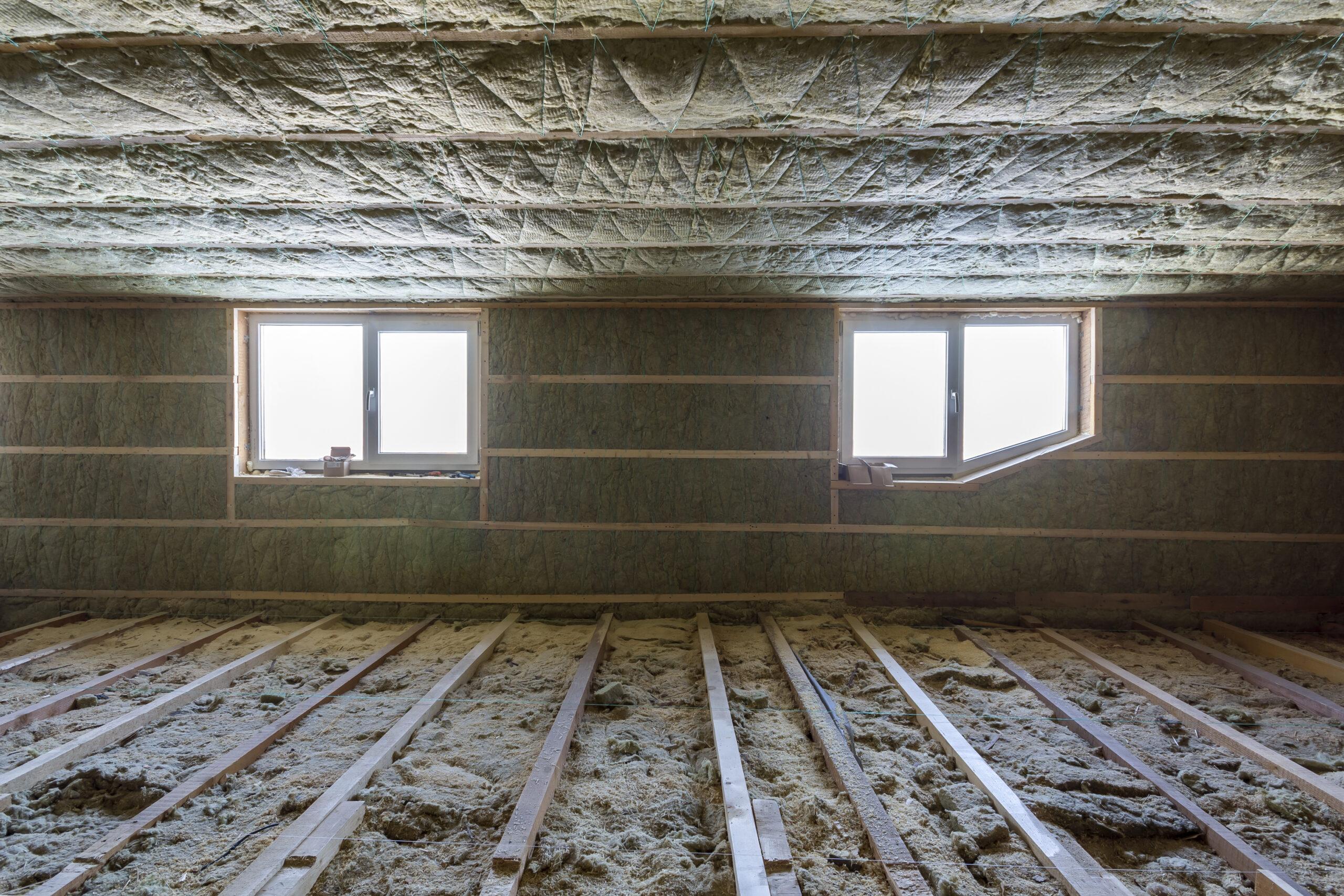Want to save with Paschal? Don’t miss our current offers and specials

Want to save with Paschal? Don’t miss our current offers and specials
Return to Paschal Resource & Education Hub

Humidity is an essential aspect of a comfortable and healthy living environment. However, maintaining the right balance is key, and excessive humidity can have undesirable effects on your home and health. This comprehensive guide will provide you with practical, actionable steps to effectively lower the humidity in your home. Before we delve into the details, let’s first understand what humidity is, why it’s important, and how it affects your home and health.
High humidity can cause problems in your home if relative humidity regularly exceeds 60%. When the air contains water vapor above that level, mold and mildew start to grow, while excess moisture can cause rot, damaging your belongings.

Humidity refers to the amount of water vapor present in the air. It’s an important part of our indoor environment, contributing to our comfort, health, and the overall integrity of our homes. When humidity levels are too high, they can create conditions favorable for mold growth, which can cause structural damage to your home and health issues such as allergies and respiratory problems.
But don’t worry! The professionals at Paschal Air, Plumbing & Electric are here to guide you on how to lower the humidity levels in your home effectively. Before we dive into the solutions, let’s look at some common signs of high indoor humidity.
Being able to identify the signs of high indoor humidity can be the first step towards addressing the problem. These signs include:
Now that we understand the signs of high humidity, let’s discuss how we can effectively combat it and maintain a comfortable and healthy living environment.
There are several effective methods you can employ to decrease the humidity in your home. While some are quick fixes, others are more long-term solutions that require a bit of planning and investment.
Dehumidifiers are one of the most effective tools for reducing indoor humidity. They work by drawing in air from the room, removing the moisture, and then blowing the air back into the room. They’re great for use in high-humidity areas such as basements, bathrooms, and kitchens.

Good ventilation can significantly reduce humidity levels, especially in areas of your home where moisture is produced, such as the kitchen, bathroom, and laundry room. Simply opening windows or using exhaust fans can help.
Air conditioners do more than just cool your home; they also help reduce humidity levels. As the air conditioner cools the air, it also removes moisture. Keeping your air conditioning system well-maintained and functioning efficiently can significantly help control humidity levels.
Quality air conditioning (AC) units, particularly those with variable speed controls, offer superior humidity control. These units operate at different speeds based on cooling needs, leading to more consistent dehumidification. High-quality units often feature enhanced filtration systems that further assist in humidity control by capturing and removing moisture from the air. Correct sizing of your AC unit is also vital for effective humidity control. Investing in an appropriately sized, high-quality AC unit and maintaining it properly ensures efficient performance and optimal humidity levels in your home
Insulation can help prevent condensation, which can contribute to high humidity. By insulating your walls and ceilings, you can help maintain a consistent temperature within your home and reduce the likelihood of condensation.

Cracks and gaps in your home’s structure can allow warm, humid air to infiltrate your home. Sealing these openings can prevent this and help maintain lower humidity levels.
Moisture-absorbing products such as silica gel and calcium chloride can be placed in small, confined spaces like wardrobes and cabinets to absorb excess moisture and reduce humidity.
While the above solutions will greatly assist in reducing humidity, certain habits can prevent the build-up of excess moisture. Here are some to consider:

Achieving a comfortable, healthy, and humidity-balanced home is more than just possible; it’s within your reach. By understanding the problem, recognizing the signs, and implementing the practical solutions provided in this guide, you’re well on your way to successfully lowering the humidity in your home.
However, remember that each home is unique, and what works best may vary. In some cases, professional advice may be necessary. If you’re still struggling with high humidity levels, don’t hesitate to schedule your next appointment with the experts at Paschal Air, Plumbing & Electric. We’re here to ensure your home is the safe, comfortable haven it’s meant to be.